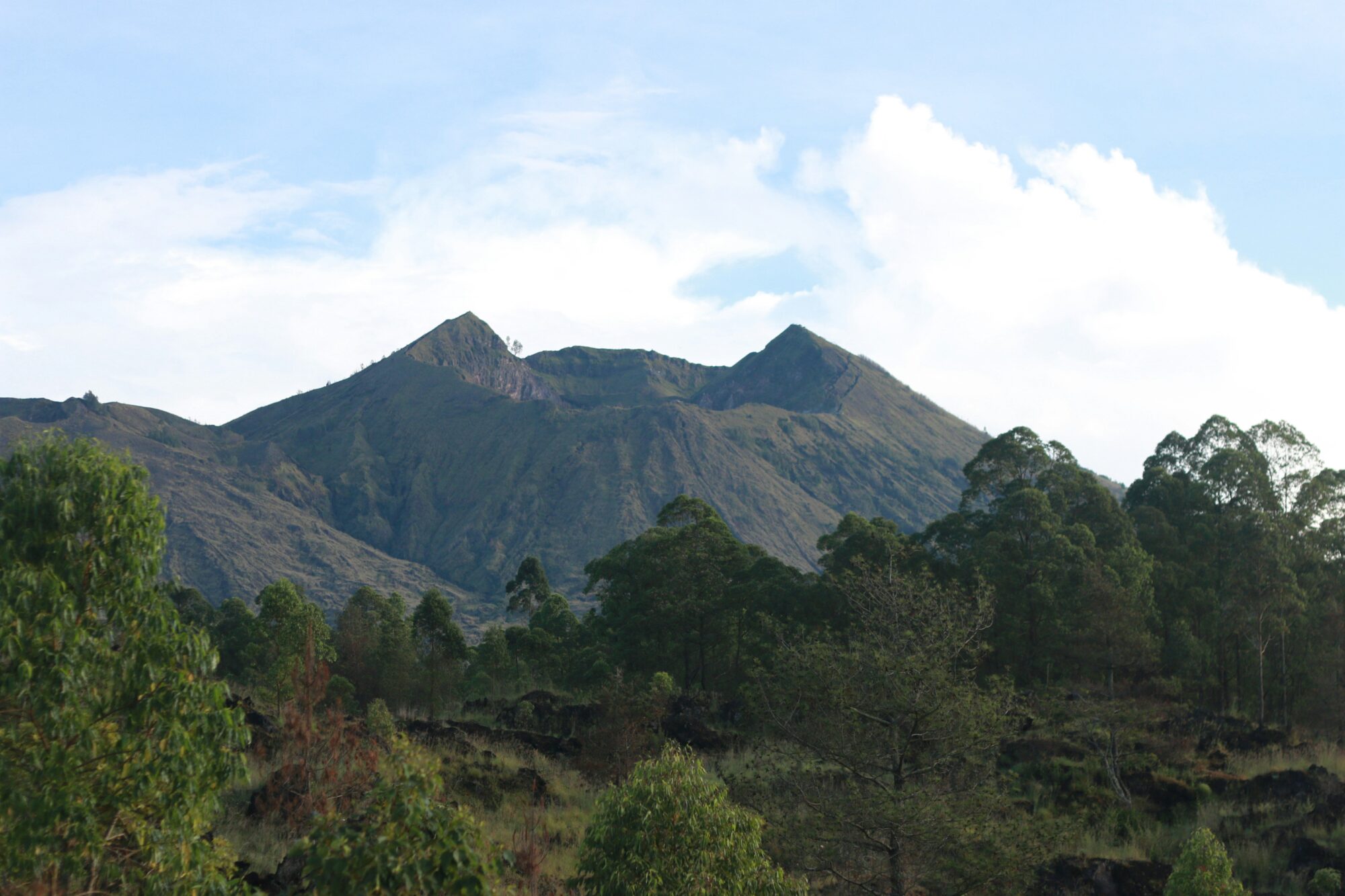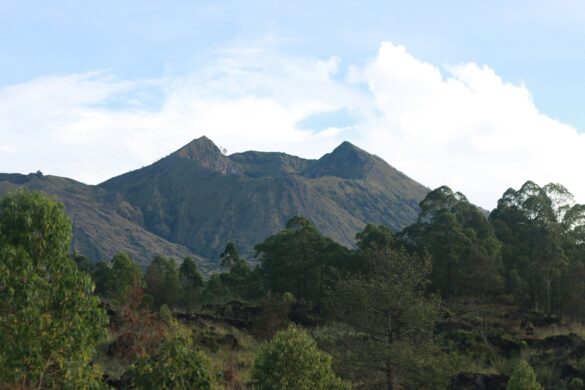The West Cameroon Regional Council launched an ecological restoration and ecotourism initiative around Mount Mbapit, a volcanic mountain located between Bafoussam and Foumban. Mount Mbapit, which reaches nearly 2,000 meters in altitude, it’s recognized for its ecological significance and biodiversity, including species such as red monkeys, butterflies, bats, horses, cattle, and various wild fruit trees.
The restoration and ecotourism initiative has been in development since 2015 and aims to restore degraded ecosystems, protect wildlife, and promote responsible tourism. It is led by the West Cameroon Regional Tourism Office and supported by the West Cameroon Regional Council, the Syndicate of the Municipalities of Noun, the Municipality of Foumbot, and local communities.
Key components of the initiative include reforestation activities, erosion control, environmental education, and the development of ecotourism infrastructure. Local communities, among them farmers, herders, and traditional healers, have taken part in consultations related to project design, governance, and implementation. According to project coordinators, the approach emphasizes shared management and community participation.
Current priorities include mapping and identifying tourist trails, conducting field studies, and mobilizing financial resources. The long-term objective is to establish Mount Mbapit as a model for sustainable ecotourism in the region, with benefits intended for both the environment and surrounding communities.
Mount Mbapit, noted for cultural traditions associated with its crater lake, remains a significant natural landmark. The ongoing project positions Cameroon’s West Region as an example of regional action that combines biodiversity conservation with local development.
Watch our #RegionsVoice video and discover more about West Cameroon Region story:

This story is presented as part of the COOP’R project, led by the Association Internationale de Régions Francophones (AIRF) with support from Regions 4, the Federation of Regional Natural Parks, and Nitidae. The project aims to promote interregional cooperation for the economic and social development of Francophone territories through biodiversity management.


